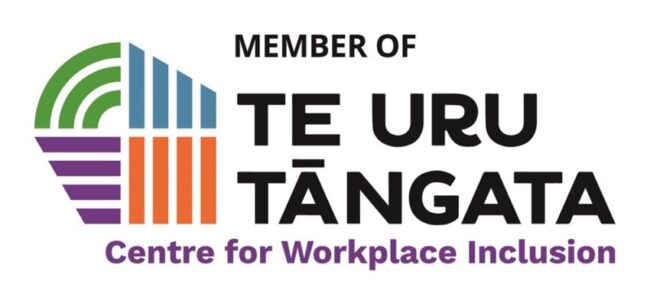Proposed changes to the Employment Relations Act 2000 would mean an employee earning above a $180,000 base salary could no longer raise a personal grievance claim for termination of employment.
The proposal aims to offer employees and employers greater flexibility when negotiating employment agreements. In doing so, employees could agree to add unjustified dismissal protection or alternatively negotiate their own dismissal terms.
The move reflects the new ACT-National coalition agreement and will be progressed through Parliament via an Employment Relations Amendment Bill in 2025.[1]
Workplace Relations and Safety Minister Brooke van Velden made the announcement, commenting:
“Highly paid workers such as senior executives or technical specialists can have a significant impact on organisational performance and culture…
“I know there will be many hardworking Kiwis who have had to work under a manager who might not have been up to the task, and whose leadership might have harmed the morale or productivity of their team.
“This change will provide greater labour market flexibility, enabling businesses to ensure they have the best fit of skills and abilities for their organisation.”
This proposal allows for less costly and disruptive termination of employment processes when top-level management positions don’t work out. It also allows employees working their way up the corporate ladder to “have a go” in high-impact positions without the same level of consequence.
The threshold of $180,000 covers 3.4% of the workforce and captures top-income tax rates. It will be adjusted annually to adjust for fluctuations in average income. The threshold refers to a regular base salary, excluding any other income, incentives, or benefits.
Part-time employees working with an equivalently high earning level will not come under this proposal.
The proposed Bill would not stop employees raising other types of personal grievances.
Employees over the threshold would still be able to raise personal grievances on grounds such as unjustifiable actions, discrimination, sexual or racial harassment, or union duress. Employees may also claim a breach of good faith.
Our expert analysis
The policy mirrors the practical implications of a 90-day trial period, which enables employers to dismiss new employees without the possibility of them bringing a personal grievance claim or other proceedings.[2]
Like trial periods, employers would still be required to give notice, and the vulnerability of this policy would likely see employees negotiating for longer notice periods.
Similarly, senior level employees would probably require robust contractual terms to account for this lack of protection and would utilise the high bargaining power they retain to do so. The policy has probably been sparked by the idea that senior employees are highly skilled and therefore better equipped to create their own contractual terms and parameters of exit.
There is a possibility that the costs of personal grievance claims for the employer will be replaced by legal costs in relation to other personal grievance claims or contractual interpretation. Further, an increase in the other types of personal grievances described above is expected. This change reflects the employment sphere in both Australia and the UK where there are similar restrictions on raising personal grievance claims.
What employers should do
- Provide robust contractual terms with tailored exit arrangements and clear dispute resolution processes to attract senior staff over simply “opting back in” to the original personal grievance option.
- Start considering how the changes would be addressed with senior employees because, although the proposed Bill is not set to come in until 2025, it will impact contractual decision-making before then.
- Please contact our Employment Law team if you would like to discuss this proposed policy further or understand how it may impact you or your business.
Author: Jane Tingey
[1] Ministry of Business, Innovation & Employment “More flexible dismissal process for high-income employees” (29 November 2024) <https://www.mbie.govt.nz/about/news/more>
[2] Employment Relations Act 2000, s 67A(2).




